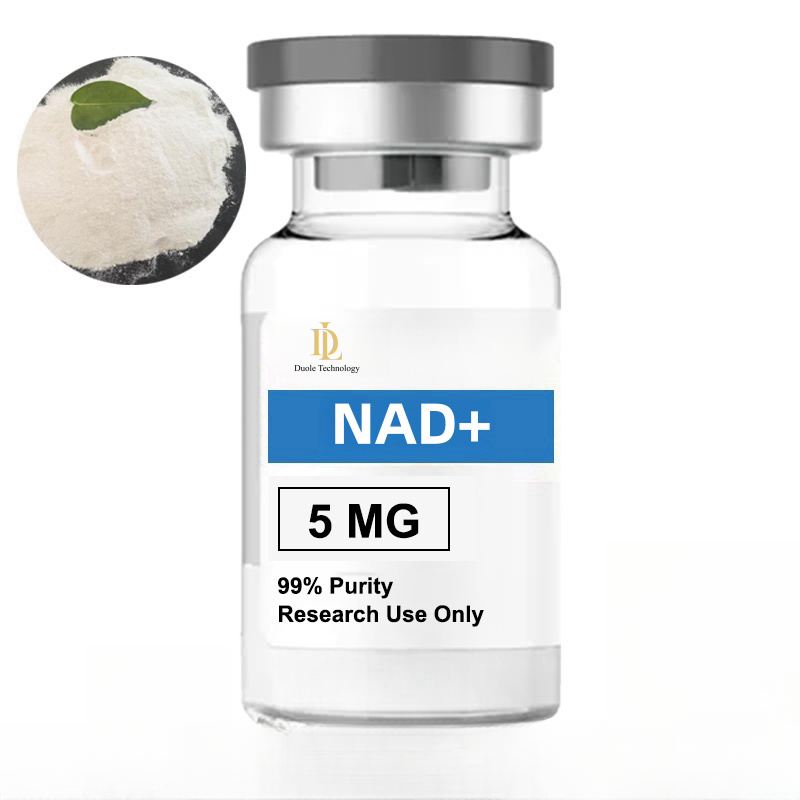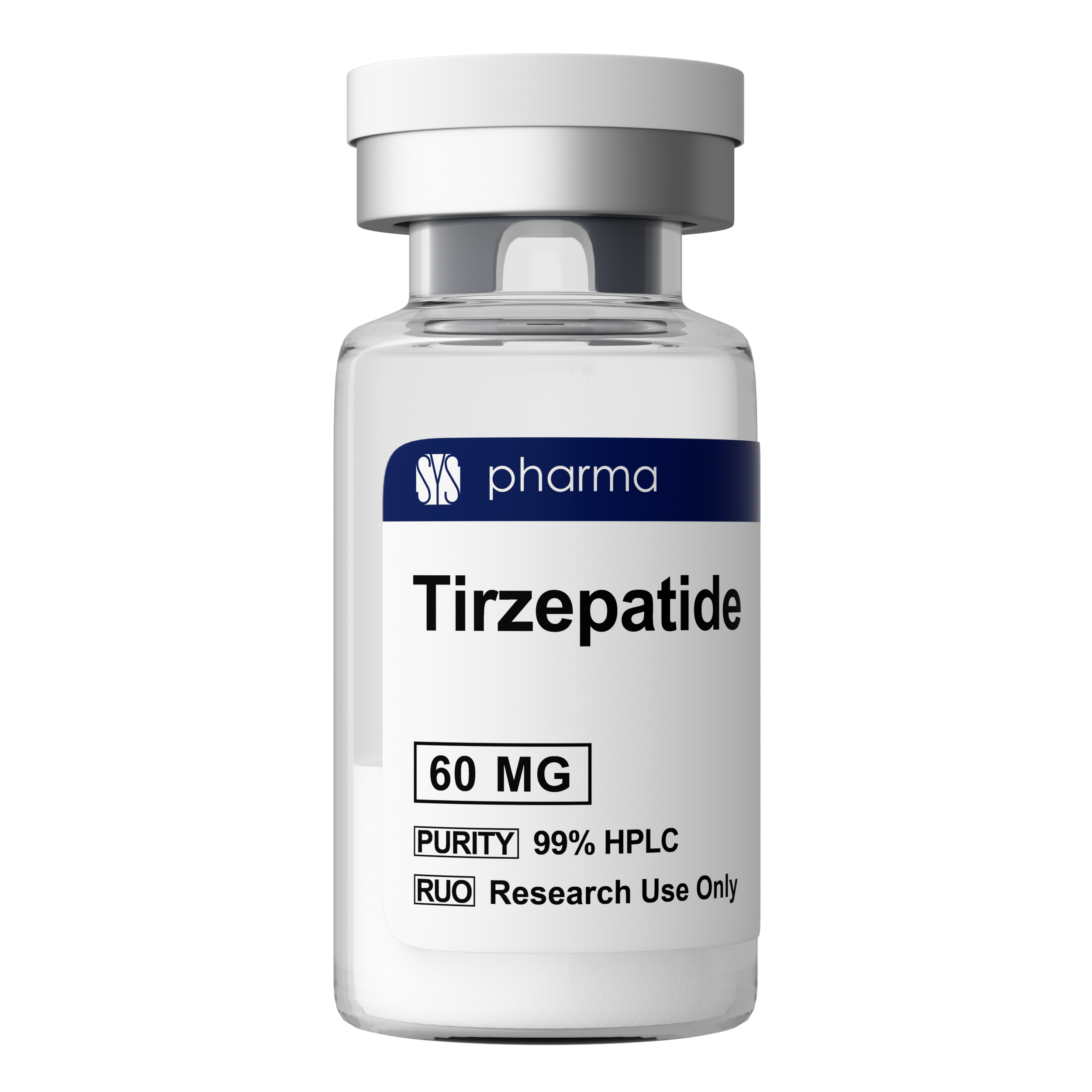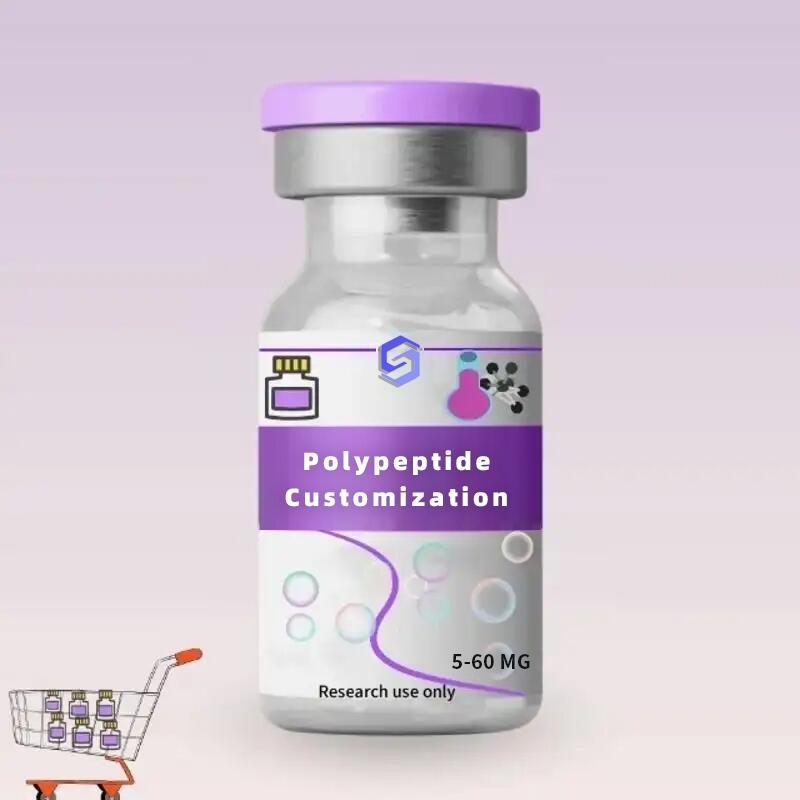-
Categories
-
Pharmaceutical Intermediates
-
Active Pharmaceutical Ingredients
-
Food Additives
- Industrial Coatings
- Agrochemicals
- Dyes and Pigments
- Surfactant
- Flavors and Fragrances
- Chemical Reagents
- Catalyst and Auxiliary
- Natural Products
- Inorganic Chemistry
-
Organic Chemistry
-
Biochemical Engineering
- Analytical Chemistry
-
Cosmetic Ingredient
- Water Treatment Chemical
-
Pharmaceutical Intermediates
Promotion
ECHEMI Mall
Wholesale
Weekly Price
Exhibition
News
-
Trade Service
On January 26, Hesco Pharmaceutical Group Co., Ltd. disclosed that its wholly-owned subsidiary, Sichuan Haisco Pharmaceutical Co., Ltd., had recently received a "Notice of Acceptance" issued by the State Drug Administration, and that its declared application for clinical trials of HSK29116 bulk agents had been accepted by the State Drug Administration.
HSK29116 is an oral PROTAC small molecule anti-tumor drug that selectively blocks BTK kinase activity and interferes with B cell development by regulating signaling path paths to control the progression of various B-cell malignancies.
HSK29116, on the one hand, can directly inhibit BTK activity by specific binding to BTK, on the other hand, it can induce BTK ubibinization markers and degrade them through protease pathway, thus blocking the transmission of BCR signaling pathways, inhibiting the growth and proliferation of B-cell lymphoma cells, playing a dual anti-tumor role.
At present, BTK small molecule inhibitors have been successfully applied to the treatment of B-cell lymphoma, but the existing listed BTK inhibitors are mainly through the formation of co-priced bonds with the cysteine residue of BTK active points to produce enzyme inhibition, side effects are large, co-price binding easy to produce drug-resistant mutations, become a major problem in clinical treatment.
, HSK29116 not only has a better effect on wild BTK, but also overcomes drug-resistant mutations.
if successful, it could lead to more clinical benefits and better treatments for patients with B-cell malignancies.
HSK29116 is the world's first declared clinical oral BTK-PROTAC small molecule anti-tumor drug based on Hesco's PROTAC research and development platform.
, there are no products with the same mechanism at home and abroad into clinical trials, is expected to become first-in-class drugs.
PROTAC has been a hot topic in pharmaceutical research and development in recent years, known as Proteolysis-Targeting Chimeras, a protein hydrolysis-targeted chimeras that looks like dumbbells, connecting "interest protein ligands" through a "connector" and "recruiting ligands for E3 ubiganic connective enzymes."
, one end of the PROTACs molecule binds to the interest protein (i.e., the target protein) and the other end binds to the E3 ubigan connective enzyme.
and E3 Ubisin connective enzyme can mark a small protein called ubibin as defective or damaged by attaching it to the target protein.
, the cell's protein crusher (i.e., protease) degrades the labeled target protein.
protein degradation agents have a unique advantage over conventional protein inhibitors.
one of the biggest advantages of this is the ability to change the target from "undruggable" to "drug-free".
most small molecule drugs or monoants need to bind to the active bits of enzymes or receptors to function, however, it is estimated that 80% of proteins in human cells lack such spots.
and PROTAC only needs to bind to the target protein to specifically "mark" it.
, PROTAC is also expected to address the resistance of traditional protein inhibitors.
For example, in 2018, a paper published in Cell Research by Professor Raoof Tsinghua University confirmed that in-body experiments have shown that BTK protein degradation agents can target BTK proteins that degrade C481S mutations and overcome the resistance of B-cell malignancies to the clinical first-line drug erotinib, the world's first approved BTK inhibitor.
2019, the team published the results of an in vivo experiment in the journal Leukemia, which showed that using PROTAC technology to degrade multiple mutant BTK proteins could overcome non-Hodgkin lymphomas that are resistant to erutinib.
Arvinas, founded by PROTAC pioneer Professor Craig Crews, is the leading company in the field, and the company is currently conducting clinical trials of two small molecules, PROTAC, targeting AR and ER, respectively, and has previously published positive clinical data.
addition to Arvinas, start-ups such as C4 Therapeutics and Kymera Therapeutics are also competing.
is in agreement with the start-up's boom in developing a new generation of small-molecule drugs around PROTAC technology, with pharmaceutical giants such as Roche, Pfizer, Bayer, Biogen, Mercedon, GSK, Novarma and AstraZeneta also setting up PROTAC.
Domestic, in addition to Haisco, to open up the pharmaceutical industry, and path medicine, No cheng Jianhua, five-yuan biology, Meizhi Pharmaceuticals, Yasheng Pharmaceuticals, Colum Pharmaceuticals, Hengrui, Shi Pharmaceutical Group, Jiaxing Uber, Haicheng Pharmaceuticals, Xingxuan original biology, Shanghai Ruiin, Didi Technology, Leading Thai Biology, multi-domain biology, tongyuan Kang and other companies have been laid out.
's IND declaration or will start the domestic PROTAC drug clinical research and development journey, so fierce competition, the future who is the main float, the next two or three years is very critical.







